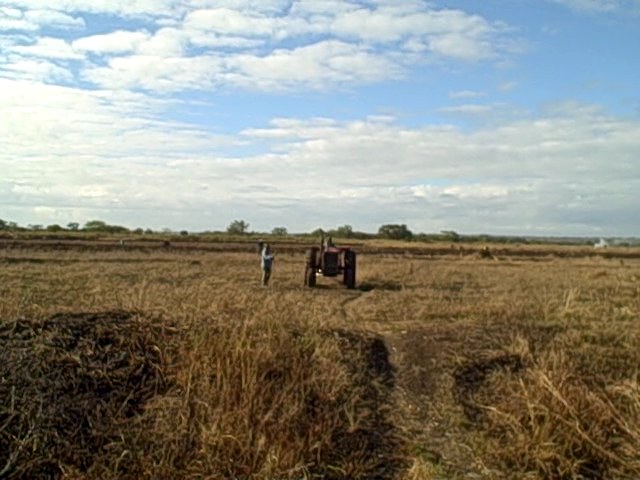
By Cameron Morris KF8, Mozambique
In San Francisco waking up on a Saturday morning and hitting the Noe Valley farmers market is always a good time. Organic, sustainably grown, local produce , grass-fed, free range meat, 30 something couples playing with their toddlers and quaint discussions with local farmers are just a few of the delights. I’ve got a particular soft spot for the ever-popular heirloom tomatoes, I even went so far as to cultivate my own last year.
How does the image I’m painting relate to the market I visit every day in Boane, Mozambique? While there obviously aren’t three year olds sporting Obama tees in the Boane market part of me always assumed that the products being peddled in such markets were being sold by someone just a few deviations away from the local farmer. My dream was recently crushed when a co-worker told me that a lot of the agricultural products found in the market were imported from South Africa. While Mozambique isn’t entirely dependent upon food imports from South Africa they do get a lot of their food from their neighbor and certainly have deficiencies with local agricultural production.
When founded way back in 1995, the predecessor to my MFI set out to stimulate agricultural growth in post-civil war Southern Mozambique through microfinance. Fast forward fourteen years and what are we seeing? Decidedly bad results. Local farmers can’t compete with subsidized South African agriculture, they can’t purchase costly capital equipment, some of the arable land here is riddled with remnant landmines, and there is a lot of inherent risk involved in going into agriculture. My MFI is aware of these issues and has started taking action to address them.

The Community Tractor
One of the coolest things that they’re doing is something I call the “community tractor”. They own a tractor that they lease out to local farmers. This obviously cuts down on capital costs for these farmers and also leaves the maintenance to the MFI. It’s almost like City CarShare for tractors. While I’m sure this isn’t a novel idea, it’s still pretty cool. We’ve also got Daniel Machava on the payroll, a native Mozambican who studied agronomy in Cuba for 4 years, and more agricultural focused products being developed by an external partner. Possibly indexed weather insurance? Who knows? The sky is the limit, the deft touch of ingenuity will eventually get the African Green Revolution going and build the beautiful bridge between the Noe Valley farmers market and the Boane mercado principal.
Cameron Morris is a member of KF8 currently working with Hluvuku-Adsema in Mozambique. At this point he can say about three sentences in Ronga and is completely comfortable with the local Portuguese dialect.
Be one of the first people to join the new Hluvuku-Adsema lending team.
PREVIOUS ARTICLE
The Effects of Pyramid Schemes on Microloan Recipients: An Example from Peru →NEXT ARTICLE
Changing Laundry, Changing Lives →













